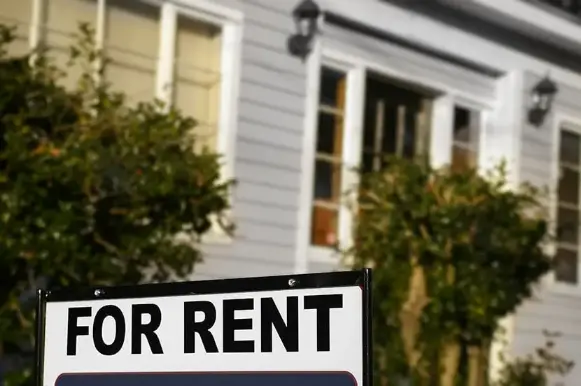When you decide to put your property on the rental market, finding the right tenant is paramount. A good tenant can ensure a steady flow of income, treat your property with respect, and maintain a harmonious relationship with you. Conversely, a bad tenant can result in unpaid rent, property damage, and endless headaches.
This guide provides you with the ultimate roadmap to screening tenants, ensuring you can trust those who live in your space.
1. Recognizing The Importance Of Financial Stability

Whether you’re leasing out a modest apartment or one of the most expensive homes for sale, understanding a potential tenant’s financial standing is crucial. It might be tempting to immediately accept a tenant who shows great enthusiasm for your property, but without financial stability, their commitment could be short-lived.
- Credit Checks: Conduct a credit check to assess if they’ve been responsible with their past financial obligations. Look for red flags like multiple unpaid debts or a history of bankruptcy.
- Proof of Income: Always ask for recent pay stubs or an employment letter. A general rule of thumb is that their monthly income should be at least three times the monthly rent.
- Rental History: Past behavior is often a good indicator of future actions. Speak to their previous landlords about payment punctuality and any other issues that arose during their tenancy.
2. Evaluating Character Through References
Beyond finances, you want a tenant who will respect your property and be easy to work with.
- Personal References: While these are often friends or family who might paint the tenant in a positive light, they can also give you insight into the tenant’s character, habits, and lifestyle.
- Professional References: Employers or colleagues can provide a different perspective on the tenant’s reliability and conduct.
3. The Power Of In-Person Interviews
Once you’ve shortlisted potential tenants based on their applications, set up face-to-face meetings. This gives you an opportunity to assess their demeanor, ask further questions, and get a gut feeling about them.
- Prepare Questions: Have a list of questions that focus on their lifestyle (e.g., do they smoke?), reasons for moving, and expectations from the rental.
- Be Observant: Pay attention to their punctuality for the meeting, their attitude, and the respect they show you. This can be indicative of how they’ll treat your property and the landlord-tenant relationship.
4. Understanding Legal Restrictions

It’s essential to be aware of the laws in your jurisdiction to avoid potential legal pitfalls. You cannot discriminate based on race, gender, religion, or other protected categories. Make sure that your screening process is fair, consistent, and respects privacy rights.
5. Clear Communication Of Rules And Expectations
To avoid future disputes:
- Draft a Comprehensive Lease: This should outline all rules, from pet policies to maintenance responsibilities. A well-drafted lease can prevent misunderstandings and provide legal protection.
- Set Boundaries: While it’s important to be accessible, it’s equally essential to set boundaries. Let your tenant know the preferred channels and times for communication.
6. Trust But Verify
While it’s important to trust your potential tenant, it’s equally crucial to verify the information they provide.
- Background Checks: This can highlight any criminal history. However, be objective and discerning when interpreting results. Not all offenses are relevant to their potential as a reliable tenant.
- Social Media: A cursory glance at their social media platforms can provide an unfiltered view into their lives. But remember to respect privacy boundaries.
7. Setting Up A Trial Period
If you’re on the fence about a potential tenant, consider a short-term lease. This allows both parties to test the waters. If things go well, it can be extended to a long-term lease.
8. Regularly Update Your Screening Process
The world of property rentals is ever-evolving, and so should your tenant screening process.
- Stay Informed: Laws and regulations surrounding rentals and tenants’ rights can change. It’s crucial to stay updated to ensure your process remains compliant and effective.
- Feedback Loop: After each tenant experience, evaluate what went right and what could be improved. Maybe you need more focus on financial stability, or perhaps you’ve learned the importance of checking more than one reference.
- Adopt New Tools: As technology advances, there are always new tools and platforms that can assist landlords in the tenant screening process. While avoiding specific brand names, there are general platforms out there that aggregate various checks (credit, background, rental history) into one streamlined process, or forums where landlords can share experiences and tips. Embrace these tools to simplify and strengthen your process.
- Education: Consider attending workshops or webinars on tenant screening. Not only will this provide new insights, but it also offers a chance to network with other property owners and share experiences.
Conclusion
Tenant screening might feel like an arduous task, but it’s a necessary one if you wish to protect your investment and ensure a steady income. By adhering to these guidelines, you not only ensure that you have reliable tenants but also set the stage for a healthy and transparent landlord-tenant relationship.
Remember, the time and effort invested upfront in this process will likely save you from potential pitfalls in the long run.






